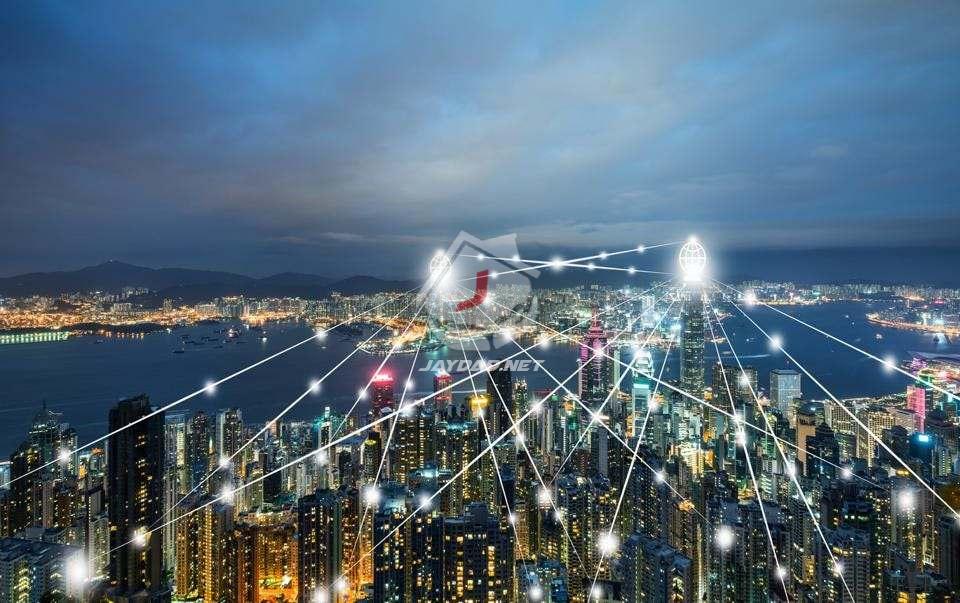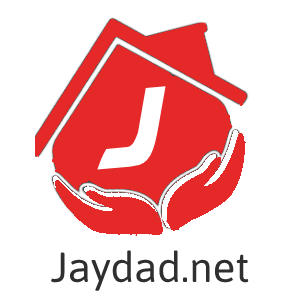![]()
Earlier this year, the mayor of Miami proposed allowing people to pay property taxes or city fees with cryptocurrency. Shortly after, a Miami penthouse sold to an anonymous buyer for $28 million — paid entirely in cryptocurrency, “making it the most expensive known residential crypto real estate transaction in the U.S. to date.”
I always have been a believer in the future power of digital assets. In 2017, I persuaded a seller client to accept Bitcoin as payment by arguing that it could be an even better anti-inflationist asset than real estate itself, thinking this would be an experimental sale. Four years later, today I am seeing more and more sellers and developers accepting cryptocurrencies as a form of payment. Four years from now, I predict that blockchain-integrated real estate will be implemented on a whole new level beyond payments in a digital currency.
Automated Transactions
Blockchain platforms associated with the real estate sector provide an answer in terms of speed and safety that can considerably reduce the risk of fraud. All stages of the real estate transaction are concerned by this innovative technology and its implications for simplifying the transmission of data and reducing the time between the signing of the preliminary sales agreement and the deed of sale before the notary.
If this new digital architecture undoubtedly allows the automation of real estate transactions, you should know that its use has already gone beyond the project stage. This is extremely interesting in terms of places where corruption or lack of transparency complicate the question of who owns a piece of land. We can consider blockchain a tool to visualize the status of properties and deeds, granting full access to the history of the property or land. It can be consulted at any time and without limit by banks, real estate agencies, buyers and sellers.
The Creation Of Real Estate Smart Contracts
The blockchain offers unparalleled speed via the establishment of smart contracts, which do not require the intervention of third parties. These digitalized contracts are equivalent in some ways to paper contracts, however, they allow parties to secure all the information contained and to prevent their modification.
In practice, the majority of smart contracts are used in the automation of value exchanges in the form of virtual currencies, the cryptoassets. All the accounting entries corresponding to these exchanges of digital values are automatically recorded in the blockchain, making the transfers visible and immutable. The conditions of these smart contracts leave no room for doubt or interpretation present in our everyday transactions.
Buying Real Estate
This advanced digital technology could facilitate future real estate transactions such as the acquisition of new properties via cryptocurrencies. In fact, some startups are now banking on buying and selling homes in cryptocurrencies as a means of payment.
The arrival of new kinds of funding means that platforms dedicated to buying and selling goods online are being created. If buyers are in need of guidance and certainty in the face of these extremely volatile currencies, some investors see in these new payment methods an alternative to bypass the limits imposed on the amounts of international transfers enforced in some countries.
Objectives Of Blockchain For Real Estate
If at present, smart contracts could allow real estate transfers to be made, it is also possible to imagine that they could be programmed according to the assets and the different stakeholders. Transfers could thus be carried out in an automatic way according to the conditions previously defined in the contract. One could also imagine automatically paying the attorneys, appraisers, brokers and all involved parties when a property is sold.
Blockchain significantly accelerates the usual processes of the real estate market. As users have access to all the information stored in the blockchain, they save a considerable amount of time in obtaining data relating to a property or land — title deeds, land registry, technical information and surveys, co-ownership information, all of it becomes available 24/7, with real-time data and instant validation. This technology is a real revolution for real estate professionals and investors alike.
If the internet has revolutionized the commercial sector in recent years through the development of marketplaces, the blockchain stands to change the real estate sector in terms of fluidity and distribution of information and transactions. As the blockchain could shake up entire sectors of our global economy, all real estate professions are now concerned with the blockchain, from recording and funding to transactions, from real estate investment to appraisals to asset management.
Hurdles To Adoption
Transparency is at the core of every transaction. While we try, as much as possible, to incorporate it in everything we do, eventually the current, obscured way of buying and selling homes will be a thing of the past. Blockchain is, of course, not the answer to all the problems in the real estate business.
However, with the blockchain, we now have a system that increases trust and reduces real estate broker dependency, while improving cost efficiency, accelerating transfers of homes and, most importantly, opening up avenues for networking by creating a digital platform other services can tie into. I am pretty certain that a decade from now, we will look at the current purchase process and wonder how we could even transact without smart contracts, the same way we hear brokers who worked 20 years ago wonder how they did it with no cell phone and a giant book of listings before the MLS became digital.
Even if this seems a bit far away still, there is reason to believe it will soon be a norm for the real estate industry much sooner than one might have thought.
Follow me on LinkedIn. Check out my website. Adam Redolfi
Managing Partner and International Real Estate Investment Consultant at Barnes International. Read Adam Redolfi’s full executive profile here.







